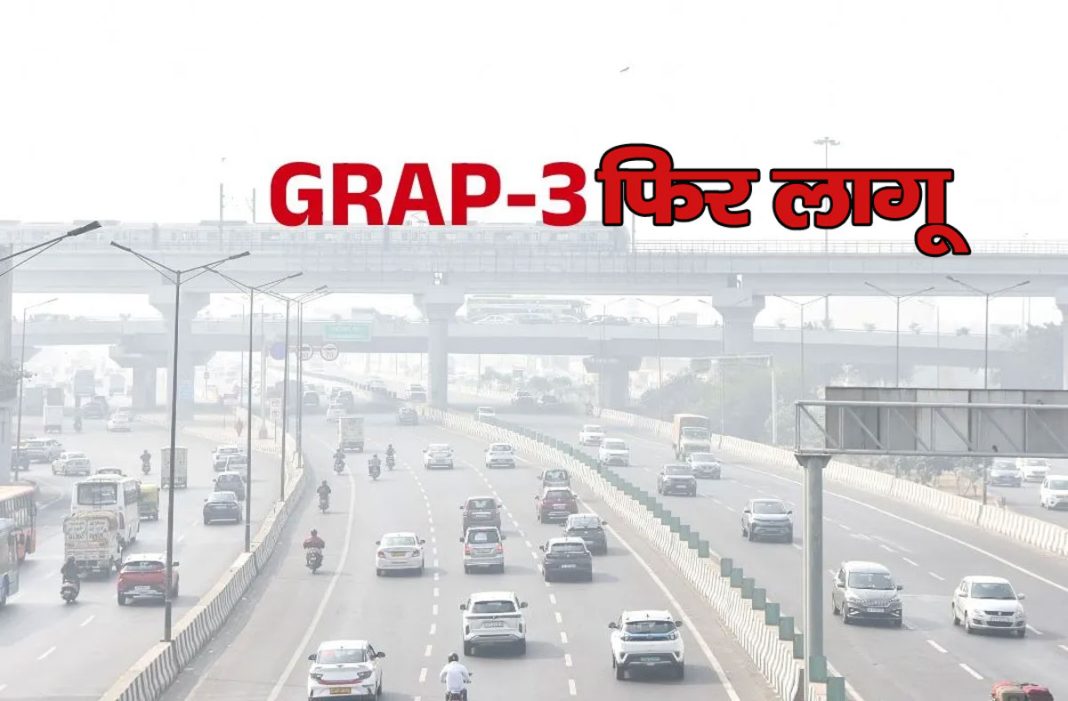The Graded Response Action Plan (GRAP) Stage 3 restrictions have been reintroduced in Delhi NCR as the region battles a significant deterioration in air quality. The decision, announced by the Commission for Air Quality Management (CAQM), comes in response to the Air Quality Index (AQI) remaining in the ‘severe’ category for consecutive days.
What Led to the Reimplementation?
The air pollution crisis has worsened in recent weeks, primarily due to factors like stubble burning in neighboring states, vehicular emissions, and weather conditions trapping pollutants. As of the latest updates, several monitoring stations in Delhi NCR have recorded AQI levels exceeding 400, signaling hazardous air quality.
In a statement, CAQM emphasized, “The reactivation of Stage 3 measures is necessary to curb further deterioration of air quality and protect public health.”
Key Restrictions Under GRAP Stage 3
The following curbs are now in place to address the severe pollution:
- Ban on Construction Activities: All non-essential construction and demolition activities have been halted to reduce dust pollution.
- Restrictions on Industrial Operations: Industries using polluting fuels are required to suspend operations temporarily.
- Closure of Brick Kilns and Stone Crushers: These facilities have been ordered to shut down until further notice.
- Enhanced Public Transportation: Measures to increase public transport frequency and encourage carpooling have been implemented.
Essential projects like national security, railways, and metro construction are exempt from these restrictions.
Health Concerns Mount
Medical experts warn that prolonged exposure to such hazardous air can lead to respiratory problems, cardiovascular issues, and aggravated chronic illnesses. Vulnerable groups, including children and the elderly, are particularly at risk.
Dr. Ramesh Gupta, a pulmonologist, advised residents, “Minimize outdoor activities, use N95 masks when stepping out, and invest in indoor air purifiers to mitigate health risks.”
Public Reaction and Way Forward
While many residents support the restrictions as a necessary step, others have raised concerns about the economic implications, particularly for daily-wage workers in the construction sector.
Environmental activists argue that long-term solutions, including stricter emission norms, increased use of renewable energy, and better waste management practices, are essential to combat the recurring pollution crisis.
The CAQM has assured the public that it is closely monitoring the situation and will consider lifting restrictions once the air quality improves.
BY – NIKITA



